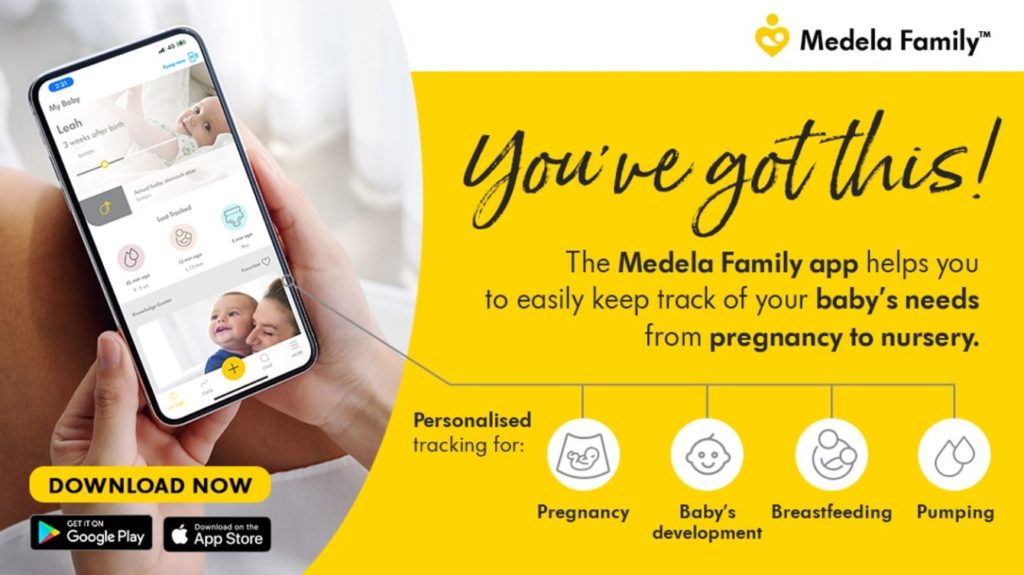Medela fully supports the World Health Organization’s recommendation on breastfeeding duration.
WHO recommends mothers worldwide to exclusively breastfeed infants for the child’s first six months to achieve optimal growth, development and health. Thereafter, they should be given appropriate complementary foods and continue breastfeeding up to the age of two years or beyond.
International health organisations agree that breastfeeding to get nutrition right during this period helps build babies’ brains, fuels their growth, improves their chances at school, and cuts their risks of developing conditions such as diabetes and obesity later in life.1 Medela fully recognises this.
The first thousand days of your baby’s life – from conception to around their second birthday –offers you a golden opportunity to lay the foundations for your baby’s future health and wellbeing.2 From the moment you become pregnant, your body starts growing an entire new human. And within a month it also starts developing an amazing new feeding system.3 Not only is your breast milk packed with proteins, minerals, vitamins and fat in the exact balance your baby needs, it’s also full of thousands of protective agents, growth factors and cells that fight infections, help your baby’s brain develop, and lay foundations for her future health – and yours too. Breastfeeding gives you protection against breast cancer and it might also protect you against ovarian cancer and type 2 diabetes.1
Your amazing milk is made to measure for your baby, at every stage of their development from newborn to toddler, and it changes according to their day-to-day needs. 4 There are literally thousands of different ingredients in your breast milk, the vast majority of which cannot be replicated artificially.
Your lifestyle doesn’t have to be perfect in order to breastfeed. In fact, studies from around the world show that even when mums have a poor diet,5 there are still just as many benefits breastfeeding their babies compared to formula feeding.1
And not only that! Breastfeeding is better for the environment compared to formula because it involves no intensive animal farming and excessive water consumption, no factory emissions or fossil fuels in its processing, no transport fuels or emissions and no packaging. In the US alone, 550 million formula containers are used each year. 6
Formula milk in addition to breastfeeding is not recommended. Your breasts need to have frequent stimulation through breastfeeding in order for you to make a good milk supply both for now and the future. If you want to introduce bottle feeds, it is recommended to wait until your milk supply is well established and breastfeeding is going well. Introducing formula bottle feeds leaves babies full and not wanting to feed as frequently at the breast. This, in turn, reduces the breast’s ability to make enough milk. Formula milk should only be used if it is medically needed and these reasons would be discussed by your health care provider.
1 Victora CG et al. Lancet. 2016; 387(10017):475–490.
2 Thousand Days; 2019. Available from: https://thousanddays.org/why-1000-days/.
3 Hassiotou F, Geddes D. Clin Anat. 2013; 26(1):29–48.
4 Ballard O, Morrow AL. Pediatr Clin North Am. 2013; 60(1):49–74.
5 McClellan HL et al. Nutr Res Rev. 2008; 21(2):97–116.
6 Ecomall. Available from: http://www.ecomall.com/greenshopping/mbr.htm.






















